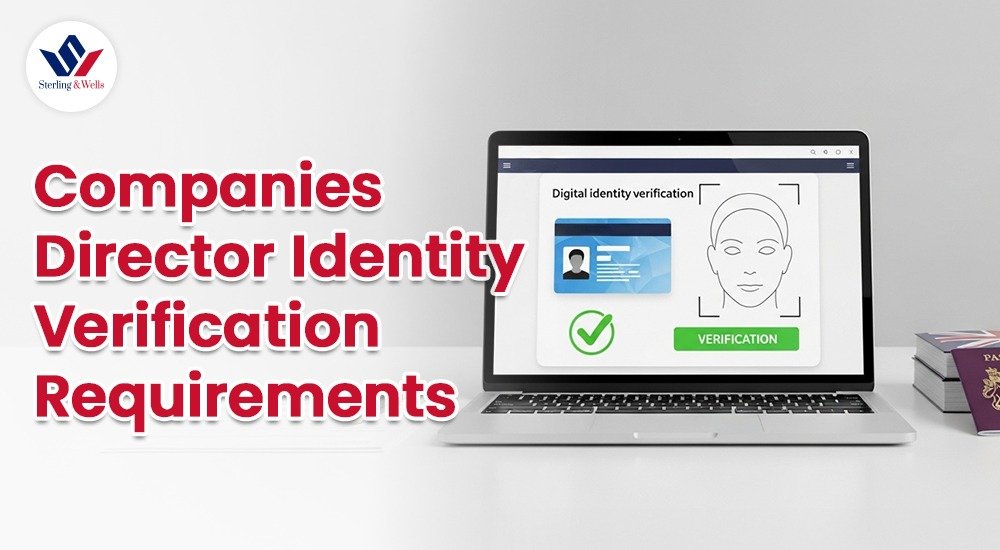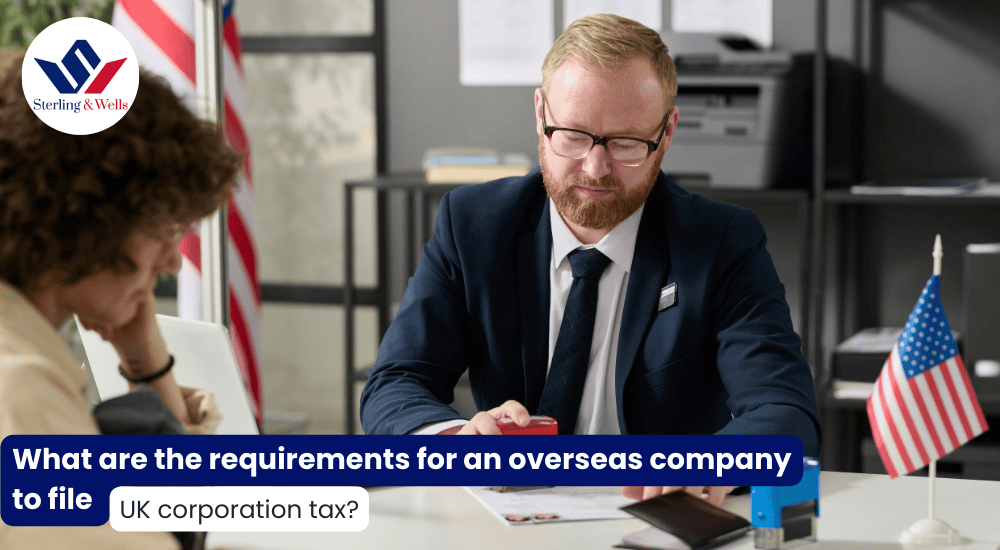If you are running or setting up a company in the UK, you will soon face an important new obligation: director identity verification. From 18 November 2025, new regulations will require directors, persons with significant control (PSCs), and certain other company officers to verify their identity with Companies House. These measures, introduced under the Economic Crime and Corporate Transparency Act 2023, are designed to improve transparency, reduce fraud, and build greater trust in the UK’s company register.
While the change represents a positive step toward protecting businesses and investors, it also places an additional compliance responsibility on directors. Understanding what the rules mean, how the process works, and where to turn for support will help ensure your company meets its obligations smoothly and without disruption.
Understanding the New Company Director Identity Verification Requirements
From November, all newly appointed directors will need to verify their identity before their appointment can be officially registered. This means no director will be able to take up a role until their verification has been approved.
Existing directors are also required to complete the process, though the timing is linked to their company’s confirmation statement date. This gives companies a short window of time to ensure all directors and PSCs are verified and in good standing. Members of limited liability partnerships (LLPs) will be brought under the same requirement, ensuring consistency across corporate structures.
Once a director has verified their identity, they will be issued with a unique personal code linked to all their UK company appointments. This avoids the need for repeated checks and ensures a permanent record of verified status.
Why Company Director Verification Matters
Although directors already provide personal information to Companies House, the system has historically been open to misuse. False or misleading appointments, fraudulent shell companies, and opaque ownership structures have posed risks to the integrity of the corporate register.
Identity verification closes these gaps. By requiring directors and PSCs to prove who they are, Companies House will strengthen the accuracy of company records, reduce opportunities for fraud, and align the UK with international best practices. For genuine businesses, this change provides reassurance: company registers will reflect legitimate, accountable individuals.
Here's Our Step-By-Step Guide on the Identity Verification Process
For directors, however, it also means greater responsibility. Failing to complete verification could prevent a director’s appointment, delay company filings, or even expose the business to penalties for non-compliance.
How the Identity Verification Process Works
There are two ways to complete identity verification:
- Directly with Companies House: This will be offered as a free service via the GOV.UK One Login system. Directors will provide details from official documents such as a passport or driving licence and answer security questions online.
- Through an Authorised Corporate Service Provider (ACSP): These are professional firms approved by Companies House to carry out identity checks. For directors who may not meet the document requirements or who prefer expert handling of compliance, an ACSP can carry out the verification and manage the process on their behalf.
Once verified, Companies House will issue a personal identity code. Directors must safeguard this code, as it will be required for all future company filings and appointments.
Preparing the Right Documentation
To complete verification, directors must provide valid evidence of their identity and residence. Typically, this involves a passport or photo driving licence alongside recent proof of address such as a utility bill or bank statement.
If submitted directly, Companies House systems will check these documents automatically. If completed through an ACSP, the provider will first review the documents and ensure everything meets the necessary standards before passing them on. This reduces the risk of errors or rejections and offers additional assurance that the process has been carried out correctly.
What It Means for Businesses
For businesses, these new rules highlight the need for proactive planning. Companies must ensure any new director appointments are supported by successful verification before they can be confirmed. Existing directors should also prepare their documents in advance of their company’s next confirmation statement filing date to avoid last-minute issues.
Failure to comply could have serious consequences. Appointments may be blocked, filings delayed, and penalties imposed for incomplete or inaccurate records. In some cases, persistent non-compliance could even lead to director disqualification or reputational damage to the business.
By handling the process early and correctly, businesses can avoid these risks and demonstrate a clear commitment to good governance.
Looking Ahead
The introduction of identity verification is part of a broader movement toward greater transparency and accountability in UK business. Directors should expect Companies House to continue tightening its rules, with increasing scrutiny of company filings and corporate governance practices.
By getting verification done early and ensuring compliance processes are strong, companies will not only avoid penalties but also enhance their reputation with stakeholders. Investors, clients, and partners increasingly value businesses that demonstrate openness and reliability.
Conclusion
The new identity verification requirements mark a significant shift for UK companies, ensuring that directors and those with significant control are legitimate, accountable individuals. While the process may feel like an extra step, it ultimately strengthens the business environment and protects companies from being linked to fraudulent activity.
If you are a director, PSC, or LLP member, the time to prepare is now. Gather the necessary documents, understand the deadlines relevant to your role, and decide whether you will complete verification directly or through professional support.
For businesses that want the reassurance of expert handling, Sterling & Wells offers clear, practical assistance as an Authorised Corporate Service Provider. Our role is to make compliance simple, efficient, and stress-free — giving you more time to focus on running and growing your company with confidence.






